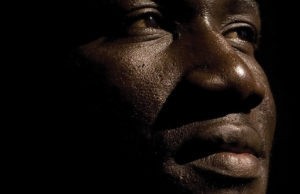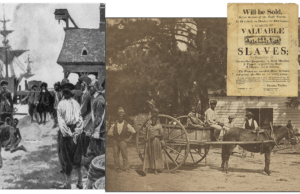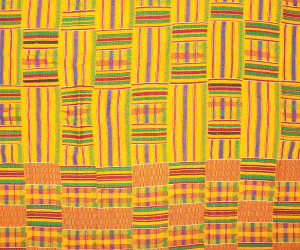Unconscious Cultural Intergenerational Trauma

The Transformational Agenda Magazine 26th Edition
Unconscious Cultural Intergenerational Trauma
The challenges faced by African Americans today are a direct result of slavery, yet there is little knowledge (nor awareness) of exactly how slavery continues to impact African American culture. The contemporary impact of slavery has not been carefully examined nor explicitly understood. In fact, there is little awareness and almost no research, on the contemporary (current) impact of the historical trauma of slavery.
Hence, there is no understanding that unconscious cultural intergenerational trauma is being passed from generation to generation, nor that it manifests as unconscious negative mental legacies of slavery.
The magnitude of the negative behaviors of today’s African American culture, are an unconscious yet direct continuation of American slave culture. For example: a diet that increases morbidity while it shortens average life-span, a willingness to release internal rage upon one another but rarely others, the high prevalence of abuse of all types (sexual, physical, emotional, psychological), the beating of children, concepts of beauty, racial self-hatred, guilt, a poor work ethic, a desire to abuse and/or beat the system, crime being perceived as necessary to survive, not associating adequate shame nor blame to incarceration, one parent parenting, prison as a rite of passage, counter culture behaviors, lack of belief that one can excel, perceiving that all of life is stacked against one’s empowerment, and a general perception of powerlessness which results in not even trying to improve yourself nor African American culture.
Additionally, traumas collide and combine with others, while interacting with the everyday demands of a challenged life. We usually don’t have the knowledge to identify trauma, often we are not even aware that trauma exists. Meanwhile, trauma may be the most common condition in much of the African American community: trauma from dental pain without the money to have it relieved; the trauma of working two full-time jobs trying to make ends meet; the trauma of knowing your children are home alone in a dangerous neighborhood because each workday you spend two hours on the bus traveling both to and from work; the trauma of having been the victim of incest or sexual abuse by a family friend; the trauma of another child dying from being caught in a crossfire or being killed by a stray bullet while at home doing homework.
The impact of unconscious cultural intergenerational trauma, manifesting as unconscious negative mental legacies of slavery—permeates today’s African American culture.
The Transformational Agenda Magazine 26th Edition






You must be logged in to post a comment Login